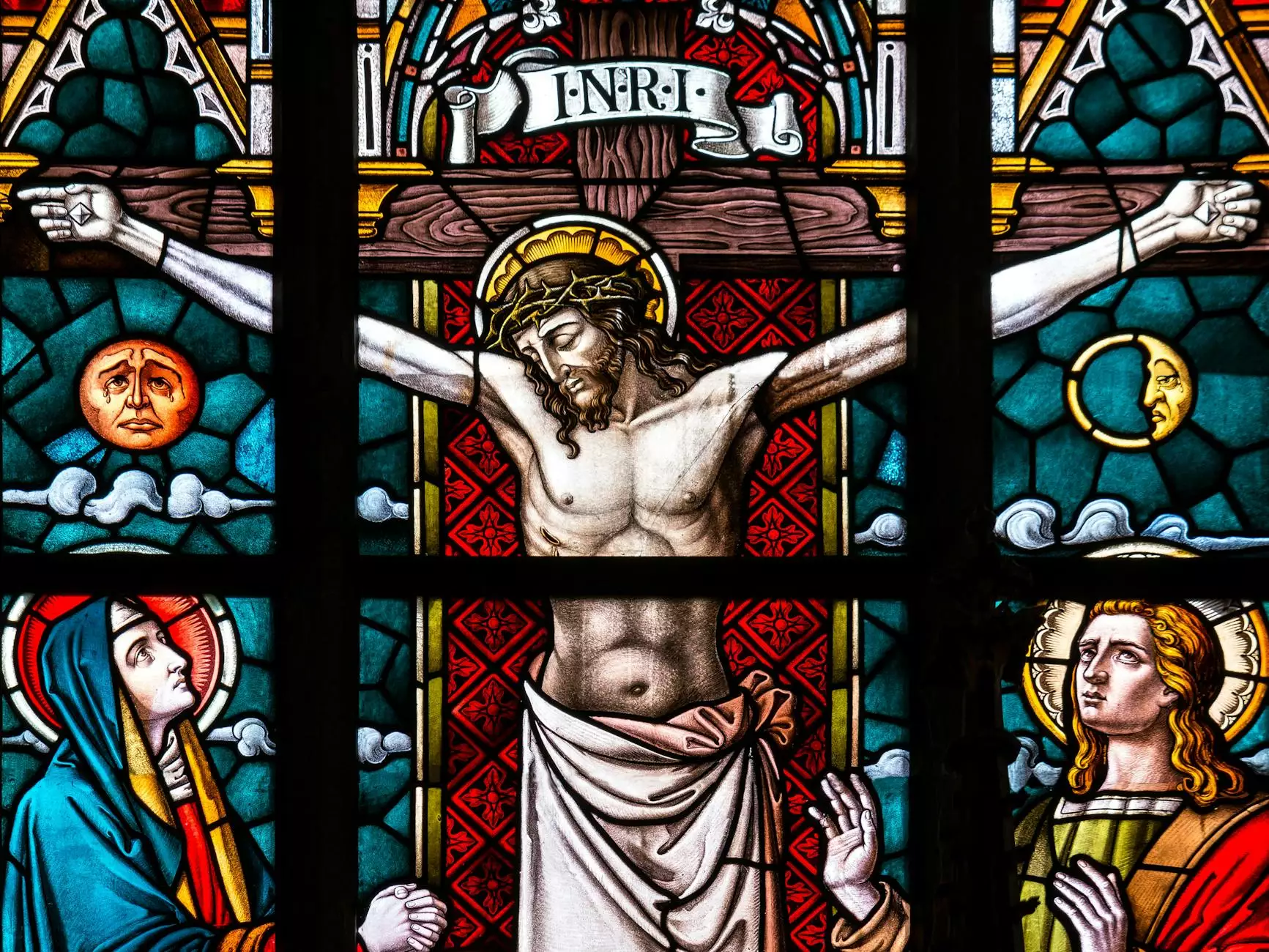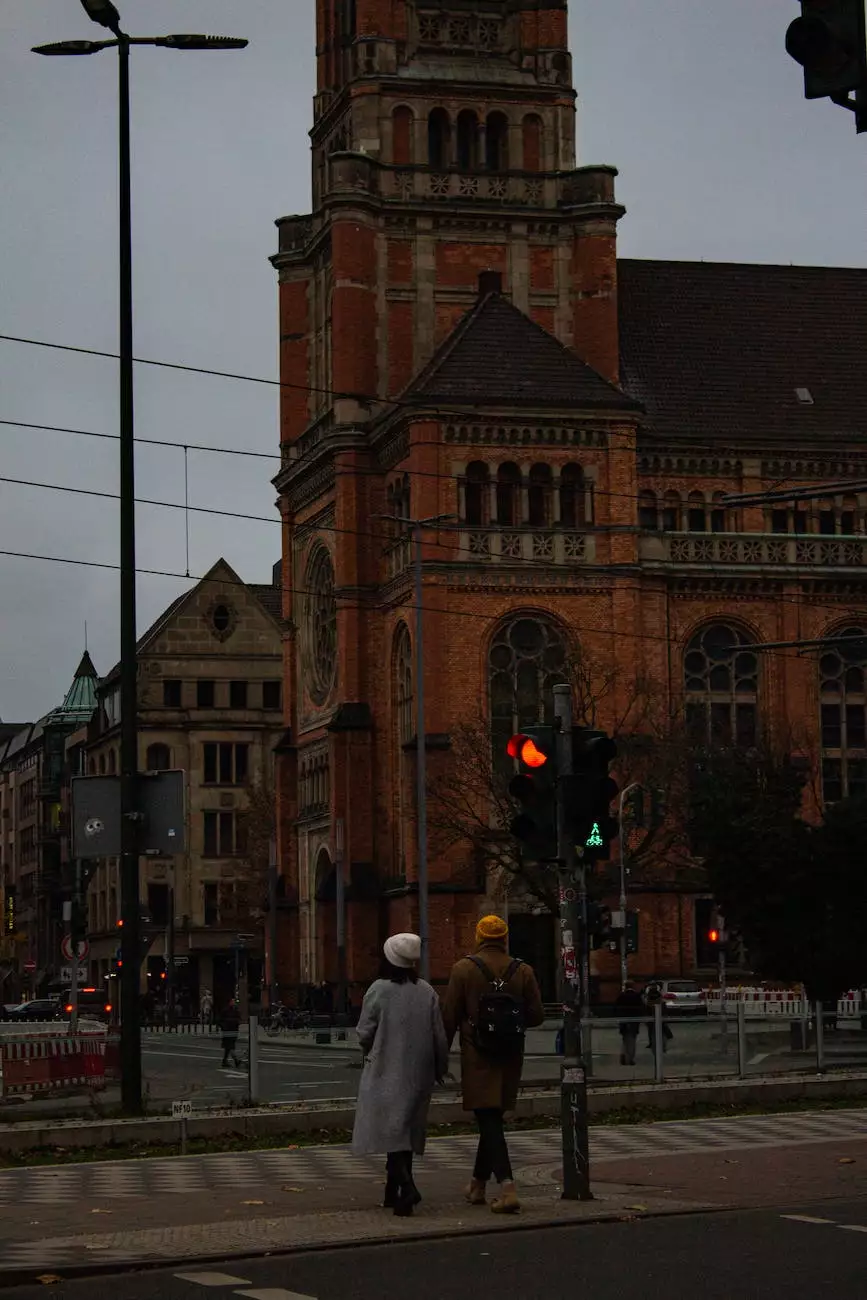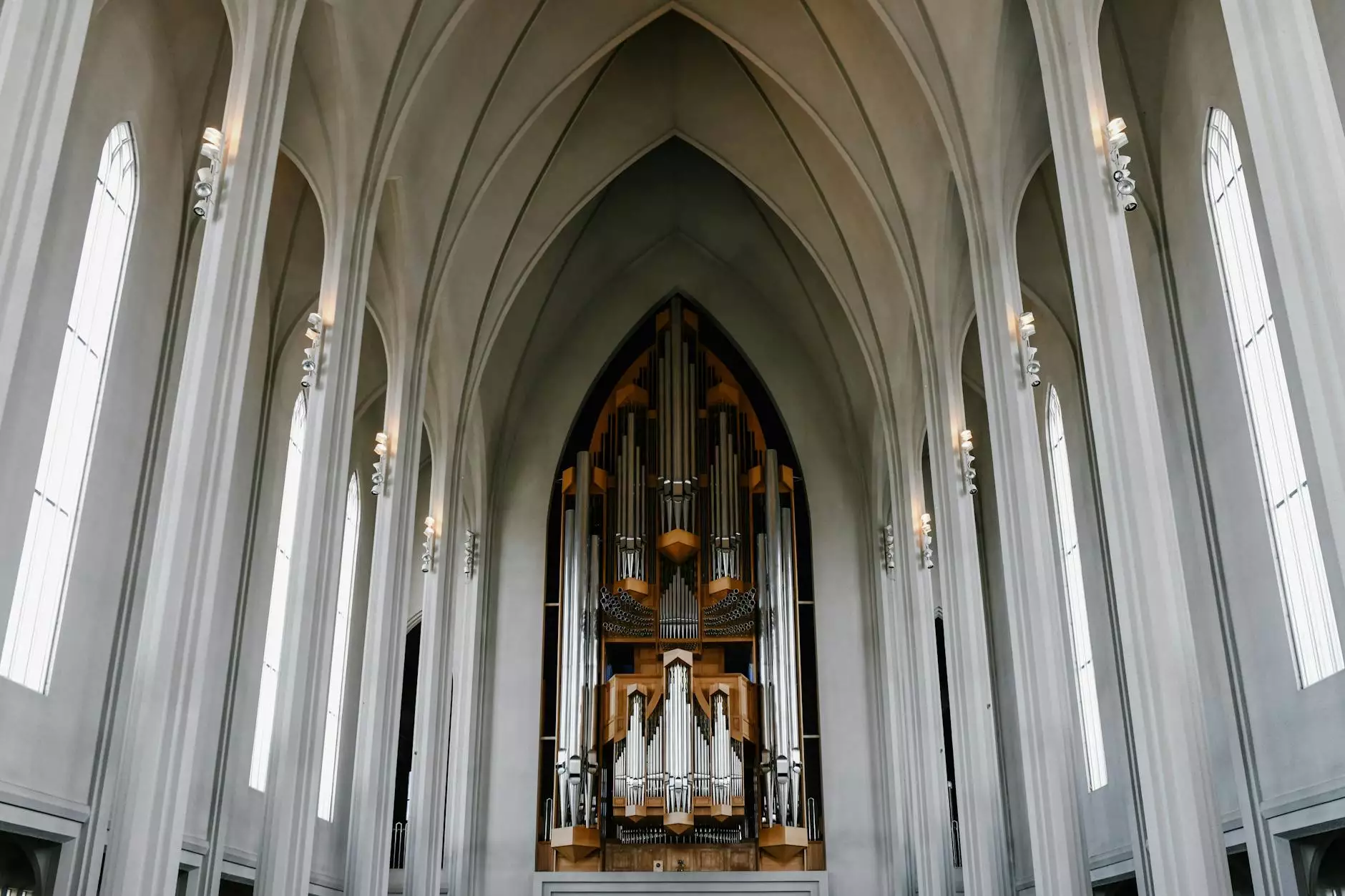What happens if a church is not incorporated? - House of Prayer
About Us
Welcome to Lambs Road Tudor Cathedral, where we explore the significance of incorporating a church and the impact it has on the House of Prayer.
Why Incorporation is Important for Churches
Incorporation plays a vital role in protecting the interests and maintaining the legal standing of a church. When a church is not incorporated, it operates as an informal entity, which can lead to various challenges and potential risks. Without proper legal recognition, the church may face the following consequences:
1. Limited Liability
One of the primary advantages of incorporating a church is limiting personal liability. When a church is not incorporated, its leaders and members can be held personally accountable for any legal issues, liabilities, or obligations. Incorporation, on the other hand, creates a separate legal entity, shielding individuals from personal financial responsibility.
2. Tax Benefits
Incorporation allows churches to qualify for tax exemptions and benefits. Without incorporation, a church may not be eligible for tax-deductible contributions and other tax-related advantages. Incorporating a church ensures compliance with local tax laws and enables donors to claim deductions for their contributions.
3. Property Ownership
When a church is not incorporated, it may face challenges in acquiring and retaining properties. Lack of legal recognition can hinder the church's ability to buy, sell, or lease property in its name. Incorporation provides the necessary legal framework for churches to own property, protecting their assets and ensuring stability.
4. Contracts and Legal Agreements
Without incorporation, a church cannot enter into binding contracts or legal agreements. This restriction can impede the church's ability to engage in partnerships, secure loans, or lease facilities. Incorporation empowers churches to establish contractual relationships, safeguarding their interests and facilitating organizational growth and development.
The Impact on the House of Prayer
For the House of Prayer, the implications of not incorporating a church are profound. Here are some key insights into how this decision affects the House of Prayer:
1. Credibility and Trust
Incorporation builds credibility and trust among the house of prayer's members, the community, and potential partners. Legal recognition demonstrates the church's commitment to transparency, accountability, and responsible stewardship. It provides assurance that the House of Prayer adheres to specific standards and regulations, fostering confidence and reliability.
2. Organizational Stability
Incorporation establishes a solid organizational structure for the House of Prayer. It clarifies roles and responsibilities, outlines decision-making processes, and sets a legal framework for governance. This stability enables the House of Prayer to operate efficiently, plan for the future, and navigate potential challenges or transitions with greater ease.
3. Growth and Expansion
When a church is incorporated, it has more opportunities for growth and expansion. Incorporation allows the House of Prayer to apply for grants, seek funding from foundations or government organizations, and participate in collaborative initiatives. This additional financial support can fuel the House of Prayer's mission and enable it to impact more lives in the community.
4. Legal Protection
By incorporating, the House of Prayer safeguards its leaders, members, and assets from legal risks. Incorporation establishes a separate legal entity, limiting personal liability and protecting the House of Prayer in case of any potential lawsuits or claims. This protection ensures the continued operation of the House of Prayer and preserves its ability to fulfill its spiritual purpose.
The Importance of Seeking Professional Guidance
Understanding the implications of incorporating a church and navigating the legal processes can be complex. Therefore, it is crucial for churches, including the House of Prayer, to seek professional guidance from experienced legal and financial experts who specialize in religious organizations.
At Lambs Road Tudor Cathedral, we recognize the significance of incorporation and provide tailored support to churches embarking on this essential journey. Our team of dedicated professionals offers comprehensive services to ensure a smooth and successful incorporation process, allowing the House of Prayer to thrive.
In Conclusion
Incorporation serves as a crucial step for churches, including the House of Prayer, to secure their legal standing, protect their members, and enable growth. Without incorporation, churches face significant limitations in liability protection, tax benefits, property ownership, and contractual agreements.
To safeguard the future of the House of Prayer and enjoy the many advantages of incorporation, it is essential to seek professional guidance from experts who understand the unique needs of religious organizations. Trust Lambs Road Tudor Cathedral to provide the necessary support and expertise to guide your church towards incorporation and empower your ministry to thrive.
Choose Lambs Road Tudor Cathedral – your reliable partner in empowering churches to make a lasting impact within their communities.




